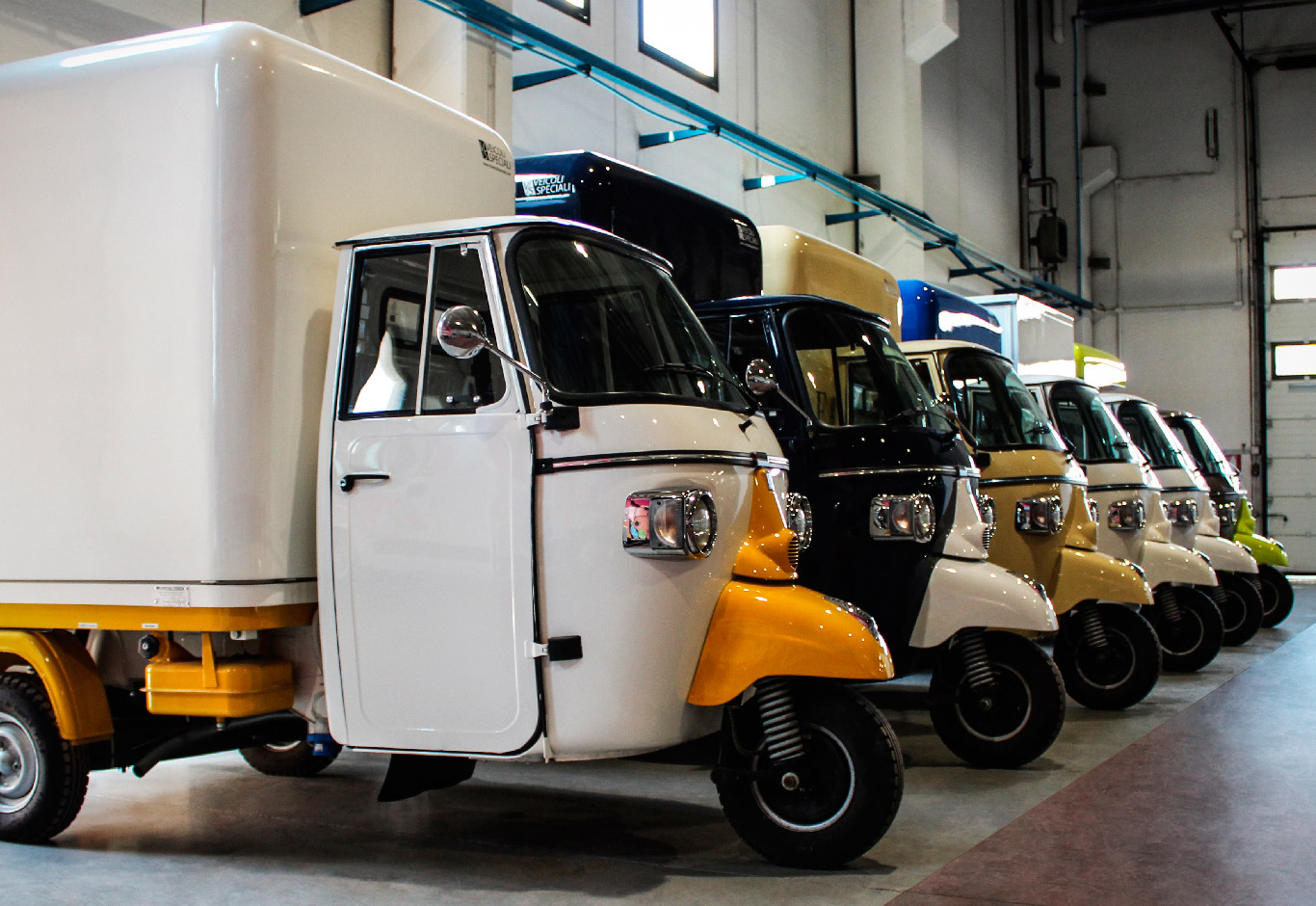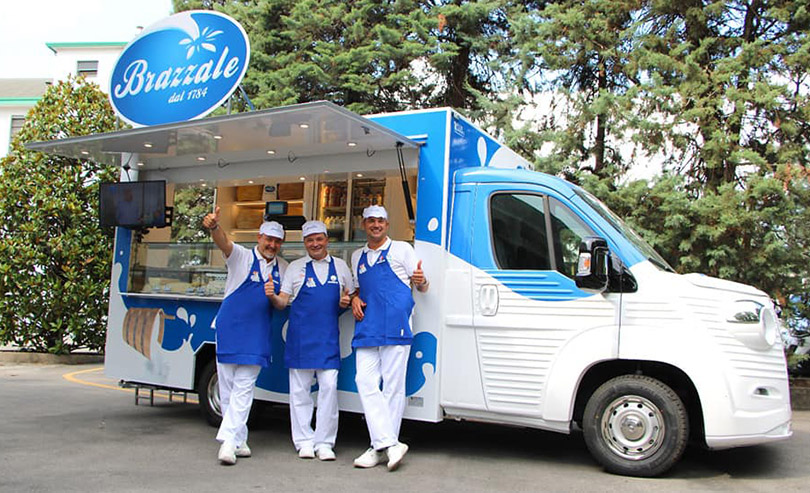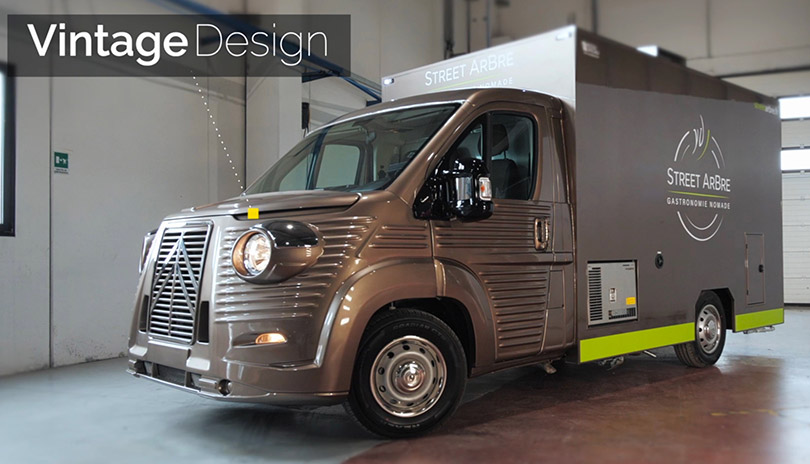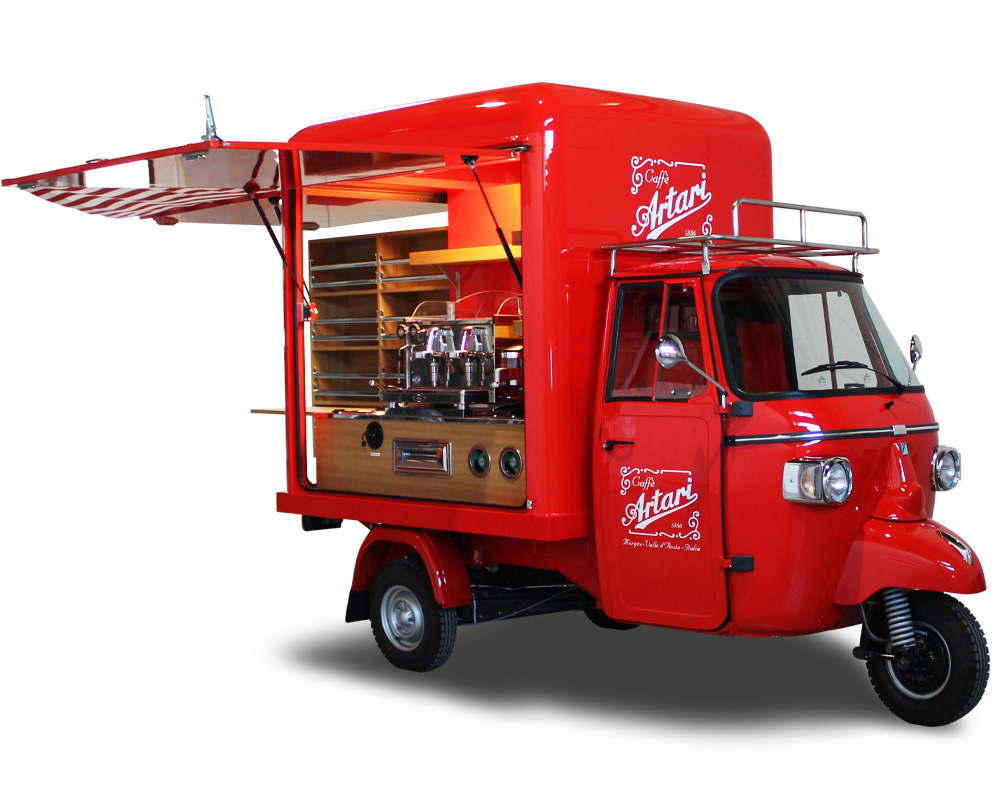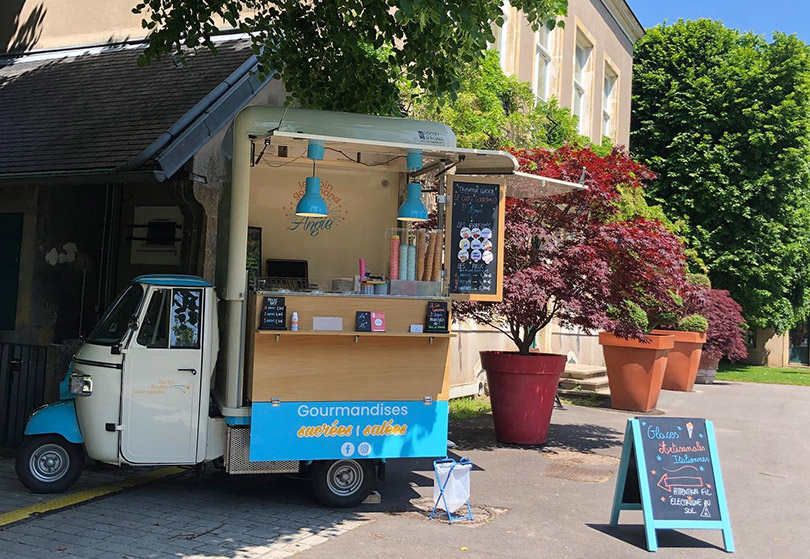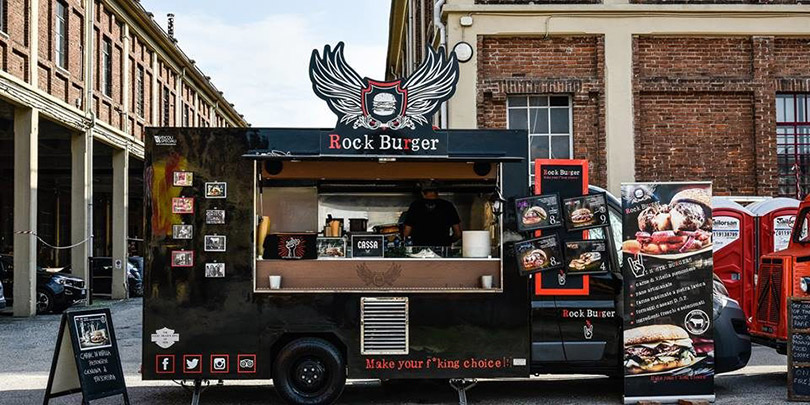With many years of experience in the street food sector and hundreds of vehicles made for every type of company, VS Veicoli Speciali is capable of gauging the level of company and consumer interest in the food truck market.
In this regard, there is has been a boom in requests by companies working in the food service sector as well as by companies which, despite working in other fields, are including street food in their marketing mix as a way to promote their brands and make profits. By offering modern, dynamic and enjoyable food service, these companies profit from making a positive impression.
And that’s not all. As a manufacturer and product innovator, VS Veicoli Speciali is in a prime position to understand the current trends in the food truck sector and the business models linked to them.
We have currently identified 5 which we would like to share with our readers in the hopes that they might be a source of inspiration.
5 business models in street food (i.e. 5 different concepts):
5 strategies to inspire your next street food business
Where: organized events and promotional tours
Who: medium and big businesses
Objectives: promoting the brand and selling products
Examples: Brazzale, Reitzel, Biraghi, Nespresso, Lavazza, Aperol, Raspini
The promo & retail model focuses on brand and product promotion together with the sales of the same.
The companies which choose this strategy focus on a high-quality vehicle that represents the brand at company, sector and private events, festival, fairs, and in planned promotional tours.
It is a marketing strategy guaranteed to make an impact. In addition to giving the brand visibility (promo), profits are made (retail).
Where: touring, events, fairs, catering
Who: restaurants, pizzerias, ice cream shops, renowned chefs
Objectives: selling cuisine and advertising
Examples: Yorann (Street ArBre), Lucitta, Tr3vor
The business extension model works well for those who have a food service location or play a leading role in one.
Well-known restaurants, pizzerias, ice cream shops, bakeries, cafés and bistros take advantage of food trucks to broaden the scope of their businesses by taking over new spaces, reaching more clients and making themselves known throughout the territory.
With a food truck, established chefs, with or without their own locations, can give a big boost to their notoriety and freshen up their image by placing themselves at the forefront of the sector.
Where: commercial spaces, private courtyards, halls, markets
Who: chains, supermarkets, hotel groups, single hotels and resorts, casinos, golf clubs
Objectives: providing continuity in service, selling more, rejuvenating the brand image
Examples: Weissestain, Mercure, Chennonceau, Iper La Grande, Carrefour, Artari, Re Nero
The food court concept consists in placing your food truck in a private or commercial space in order to offer food service or catering as a continuation and extension of the services offered to your clientele.
The choice to invest in a food truck is motivated by the advantages it offers in terms of:
- reduction in costs
- mobility
- a positive brand image
Where: street, touring, fairs and festival
Who: young entrepreneurs and new brands
Objectives: selling and making immediate profits
Examples: Pastardo, Cristi Crepes, Le Coin Gourmand, Bobson
The street food nomad model reimagines the longstanding tradition of street food by focusing on high-quality products and an extremely mobile and dynamic business.
The idea is to identify new sales locations by chasing down business opportunities wherever they are, just like modern nomads.
Where: traveling, highly organized and online
Who: restaurant chains
Objectives: door-to-door sales with online presales and selling the rest directly on the street
Examples: Maracaiba, Rock Burger
Proximo food is the most advanced model because it requires a higher level of technological integration, sophisticated organization and good planning.
In order to develop it, you need to be set up to receive orders (telephone, internet and apps) for the food truck to make deliveries on time and then to sell the food in the appropriate place.
Ideally, at least 70% will be sold by order and the remaining 30% will be sold nearby (proximo).
Obviously, as in all tables and diagrams, we have had to simplify. There are many different companies in the street food sector that lie within gaps of the table or have successfully combined various business models.
We live in a world full of opportunities, so we must know how to seize upon them with initiative and insight.
VS Veicoli Speciali is the ideal partner for companies who wish to be leaders in the street food sector and benefit from the superior quality of VS vehicles, consultation based on the specific needs of the client, and excellent post-sales service.
5 outstanding business models and a single top-of-the-line food truck manufacturer: VS Veicoli Speciali.








